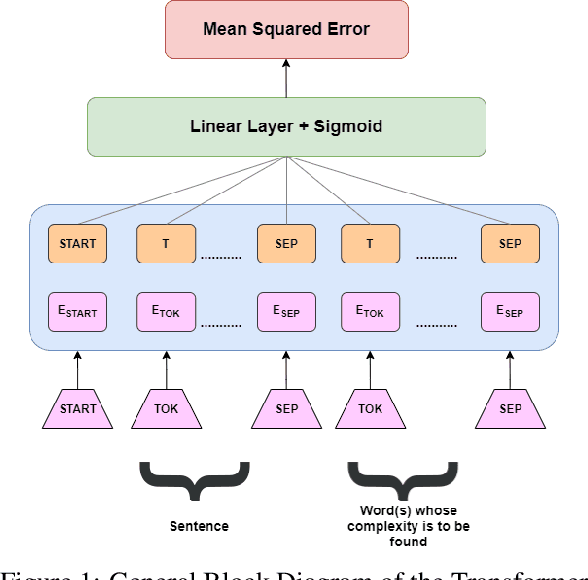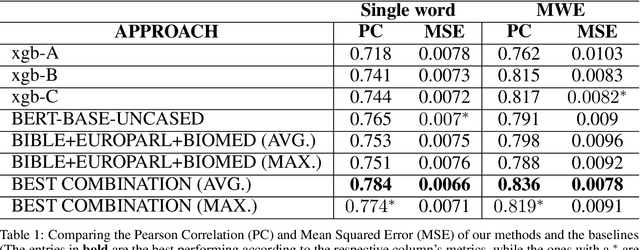Tanurima Halder
PRISM: Privacy-preserving Inter-Site MRI Harmonization via Disentangled Representation Learning
Nov 10, 2024Abstract:Multi-site MRI studies often suffer from site-specific variations arising from differences in methodology, hardware, and acquisition protocols, thereby compromising accuracy and reliability in clinical AI/ML tasks. We present PRISM (Privacy-preserving Inter-Site MRI Harmonization), a novel Deep Learning framework for harmonizing structural brain MRI across multiple sites while preserving data privacy. PRISM employs a dual-branch autoencoder with contrastive learning and variational inference to disentangle anatomical features from style and site-specific variations, enabling unpaired image translation without traveling subjects or multiple MRI modalities. Our modular design allows harmonization to any target site and seamless integration of new sites without the need for retraining or fine-tuning. Using multi-site structural MRI data, we demonstrate PRISM's effectiveness in downstream tasks such as brain tissue segmentation and validate its harmonization performance through multiple experiments. Our framework addresses key challenges in medical AI/ML, including data privacy, distribution shifts, model generalizability and interpretability. Code is available at https://github.com/saranggalada/PRISM
cs60075_team2 at SemEval-2021 Task 1 : Lexical Complexity Prediction using Transformer-based Language Models pre-trained on various text corpora
Jun 04, 2021

Abstract:This paper describes the performance of the team cs60075_team2 at SemEval 2021 Task 1 - Lexical Complexity Prediction. The main contribution of this paper is to fine-tune transformer-based language models pre-trained on several text corpora, some being general (E.g., Wikipedia, BooksCorpus), some being the corpora from which the CompLex Dataset was extracted, and others being from other specific domains such as Finance, Law, etc. We perform ablation studies on selecting the transformer models and how their individual complexity scores are aggregated to get the resulting complexity scores. Our method achieves a best Pearson Correlation of $0.784$ in sub-task 1 (single word) and $0.836$ in sub-task 2 (multiple word expressions).
 Add to Chrome
Add to Chrome Add to Firefox
Add to Firefox Add to Edge
Add to Edge